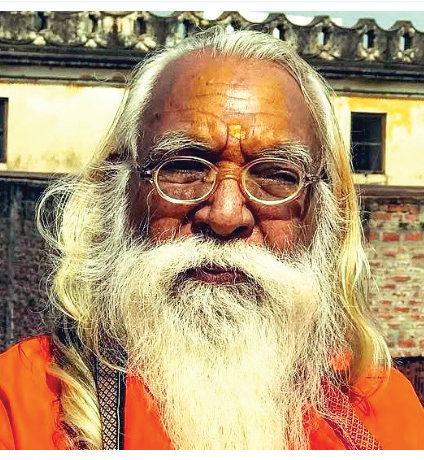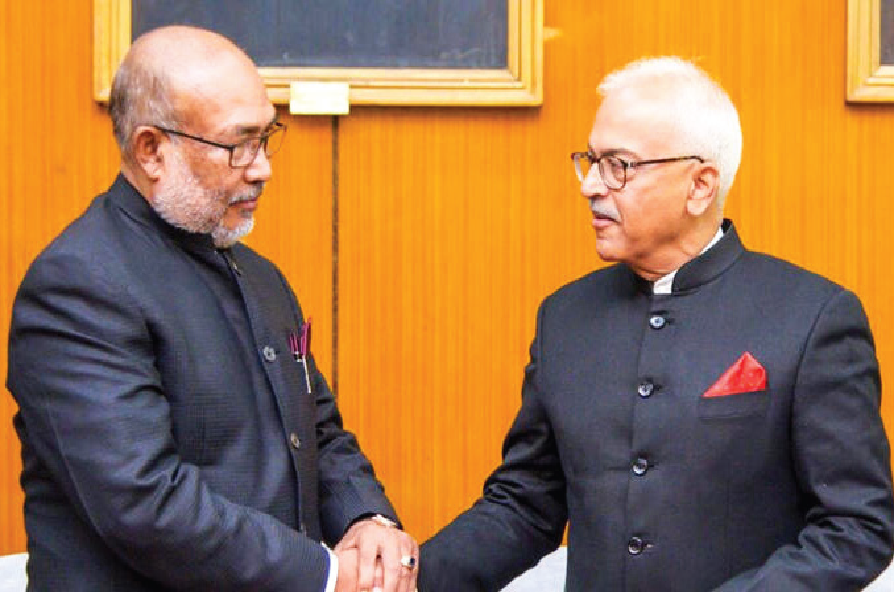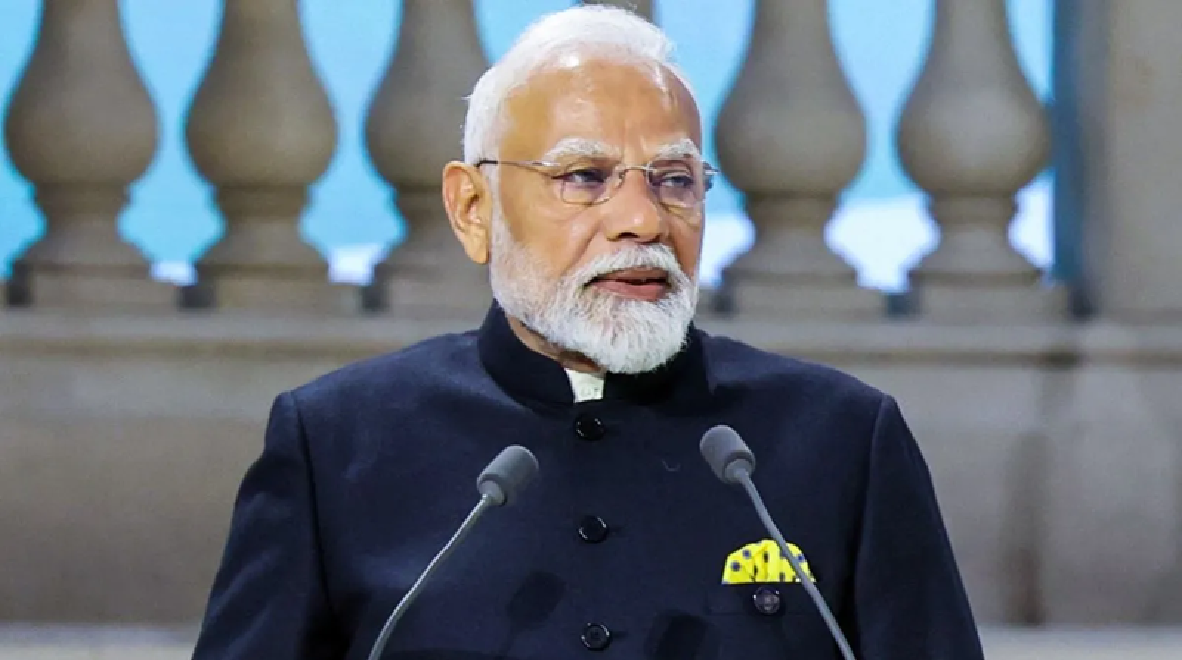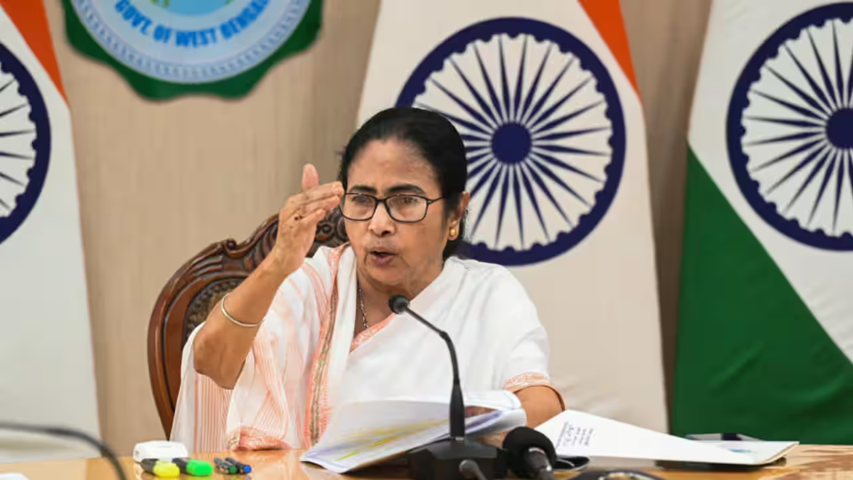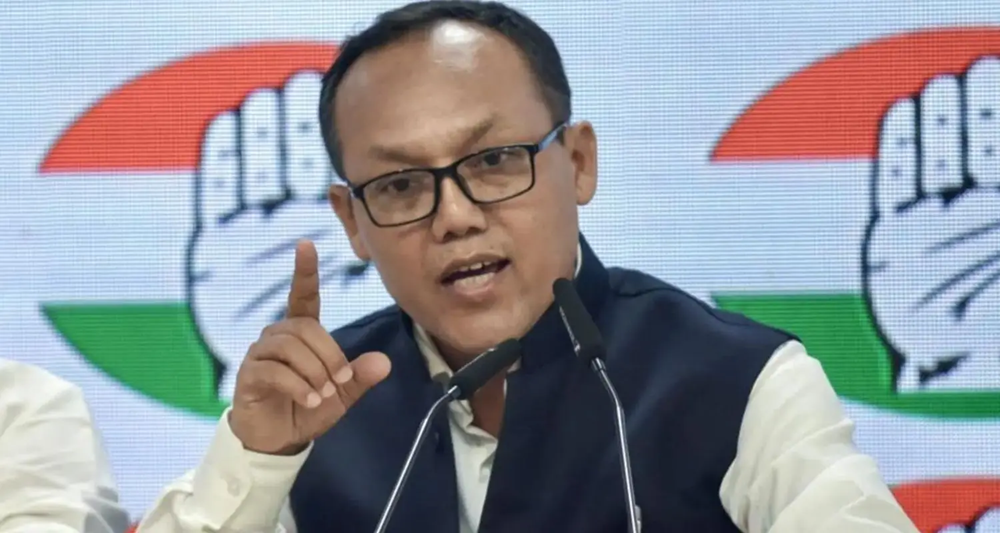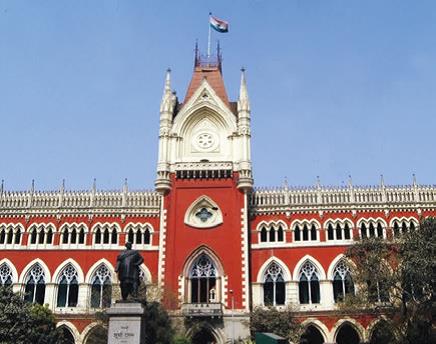
Calcutta HC judgement on OBC reservation draws flak
Bengaluru, NT Bureau: The May 22 Calcutta High Court (HC) judgement rescinding the Other Backward Class status of 37 communities and scrapping OBC certificates issued after 2010 in West Bengal has elicited criticism.
The court invalidated sections of the West Bengal Backward Classes (Other than Scheduled Castes and Scheduled Tribes) (Reservation of Vacancies in Services and Posts) Act, 2012 in response to a petition.
The order affects 114 communities but those who landed jobs through the quota have been spared. Vice Chancellor of the Patna-based Chanakya Law University Professor Mustafa Faizan in an Indian Express opinion piece opposed the court’s rationale.
Notably, the decision to include 41 of the 42 Muslim castes in the OBC category was made by then West Bengal Chief Minister Buddhadeb Bhattacharya on March 5, 2010. On September 24, 2010, he included 108 more castes in the category.
On May 11, 35 more communities made it to the list and all but one were Muslim. CM Mamata Banerjee took oath on May 20, 2011.
Her State gover nment made the relevant law in 2012, which introduced “backward” and “more backward” sub-categories for 77 castes.
The bench struck down the Act for four reasons namely inclusion of castes by executive order, the West Bengal Backward Class Commission (WBBCC) not being consulted on subcategorization, there not being an “in-depth” survey and the “inadequacy of representation” of these castes not being examined.
Moreover, the court held that the West Bengal Commission for the Backward Classes Act, 1993, which mandated recommendations of the WBBCC, was violated in the 2012 law.
Precedent overlooked?
Professor Faizan said the order ignored past precedent. In the Indira Sahani case of 1992, the Supreme Court (SC) held quotas could be provided by executive order. The HC also rejects the Sachar Committee because its data was from 2006 and it couldn’t be used in 2010.
Even censuses are held every 10 years. In 1980, the Mandal Commission report cited the last pan-India caste census of 1931 to recommend 27 per cent reservation to OBCs. The court said that only five per cent of the population was surveyed by WBBCC.
However, Mandal surveyed only two villages and one block in 405 of the 406 districts. Notably, the inadequacy of the representation of said castes is to be determined on the basis of Mandal’s 11 conditions.
Moreover, many of the Muslim OBC communities had been included in the category by Mandal and the Centre on the advice of the National Backward Class Commission. Many of the Muslims listed as OBC are descended from Dalits but denied SC quota by a Presidential Order.
 English daily published in Bengaluru & Doha
English daily published in Bengaluru & Doha


